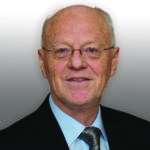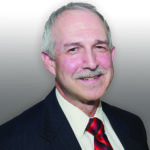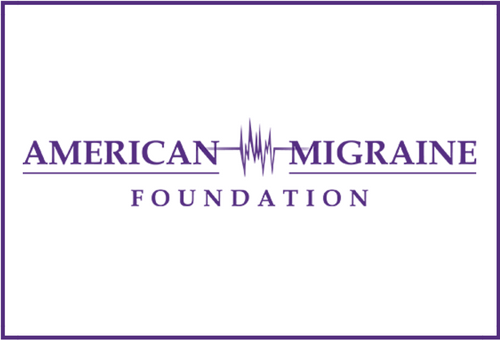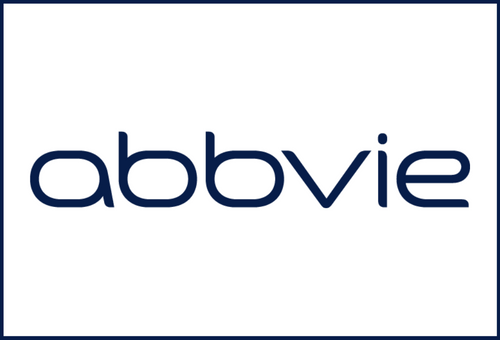How Much Is Too Much Excedrin Migraine?
You are currently watching a preview of this interview. Unlock the full version by upgrading to an Access Pass bundle! Get FREE access to 8 expert interviews from Day 1 and Day 2 when you register today!
Key Questions
- What is Excedrin Migraine?
- Why does it contain caffeine?
- Is Excedrin Migraine an effective treatment for headaches?
- Can Excedrin Migraine play a role in addressing migraine attacks for certain patients?
- What are the potential side effects and risks associated with Excedrin Migraine and other over-the-counter (OTC) headache medications?
- Can these products sometimes make headaches worse?
- What are the risks associated with long-term excessive use of NSAIDs, and OTC medications?
- What alternative treatment options are available for individuals who find relief only from Excedrin Migraine for their migraine attacks?
- Can Excedrin Migraine and similar products be purchased outside of the United States?
- Who should avoid taking Excedrin Migraine?
Interview Notes
- Paul G. Mathew, MD
- Brigham and Women’s Hospital
- American Migraine Foundation
- The Headache Foundation
- Blog: Harvard Health Blog
- Article: “Snored to Death: The Symptoms and Dangers of Untreated Sleep Apnea”
- Article: “Spinning Out of Control: Vertigo”
Treatments Mentioned
- Acid blockers
- Anti-nausea medication
- Aspirin (acetylsalicylic acid/ASA)
- Barbiturates
- Butalbital
- Caffeine
- CGRP small-molecule receptor antagonists (gepants)
- Combination analgesics
- Excedrin Migraine (acetaminophen, aspirin, and caffeine)
- Fioricet (acetaminophen, butalbital, and caffeine)
- Fiorinal (aspirin, butalbital, and caffeine)
- Naproxen
- NSAIDs
- Omeprazole
- OnabotulinumtoxinA (Botox)
- Promethazine
- Proton pump inhibitors (PPIs)
- Sumatriptan
- Treximet (naproxen and sumatriptan)
- Triptans
- Tylenol (acetaminophen or paracetamol)
Please note: The Migraine World Summit’s aim is to bring you a variety of perspectives and expertise, independent of bias or judgment. Alternative theories presented in this video have not been medically reviewed. Views expressed in this interview do not necessarily represent the views of the Migraine World Summit. Please always consult your health care professional and do your own research before making changes to your treatment plan.

Paul G. Mathew, MD, DNBPAS, FAAN, FAHS
Assistant Professor of Neurology
Harvard Medical School
Paul G. Mathew, MD, DNBPAS, FAAN, FAHS, completed his neurology residency at Temple University Hospital in Philadelphia, and completed a fellowship in headache medicine at Mayo Clinic in Rochester, Minn. He is board certified in neurology and headache medicine. He is currently an assistant professor of neurology at Harvard Medical School (HMS), and an affiliate member of the HMS Division of Sleep Medicine. He holds positions at three HMS-affiliated institutions. He has clinical appointments at Mass General Brigham and Harvard Vanguard Medical Associates/Atrius Health, as well as a teaching appointment at the Cambridge Health Alliance. As part of his headache and sports neurology/concussion practice, Dr. Mathew performs Botox injections, nerve blocks, and trigger point injections.
He has written over 90 publications and has presented at both national and international conferences. He is the co-chief medical editor of the journal Practical Neurology. He is the current chair of the American Headache Society’s Trigeminal Autonomic Cephalgia Special Interest Section, a member of the board of directors of the National Headache Foundation, the neurology representative on the board of directors of the National Board of Physicians and Surgeons, and an executive board member of the Indian Medical Association of New England.
Dr. Mathew applies his passion and expertise to the role of advocate for both patients and fellow physicians, and has participated in multiple successful lobbying efforts in Washington, D.C.
Interviews from Paul G. Mathew, MD, DNBPAS, FAAN, FAHS
Alcohol and Migraine
Sinus Headache & Surgeries
TMD/TMJ Jaw-Related Headache Issues
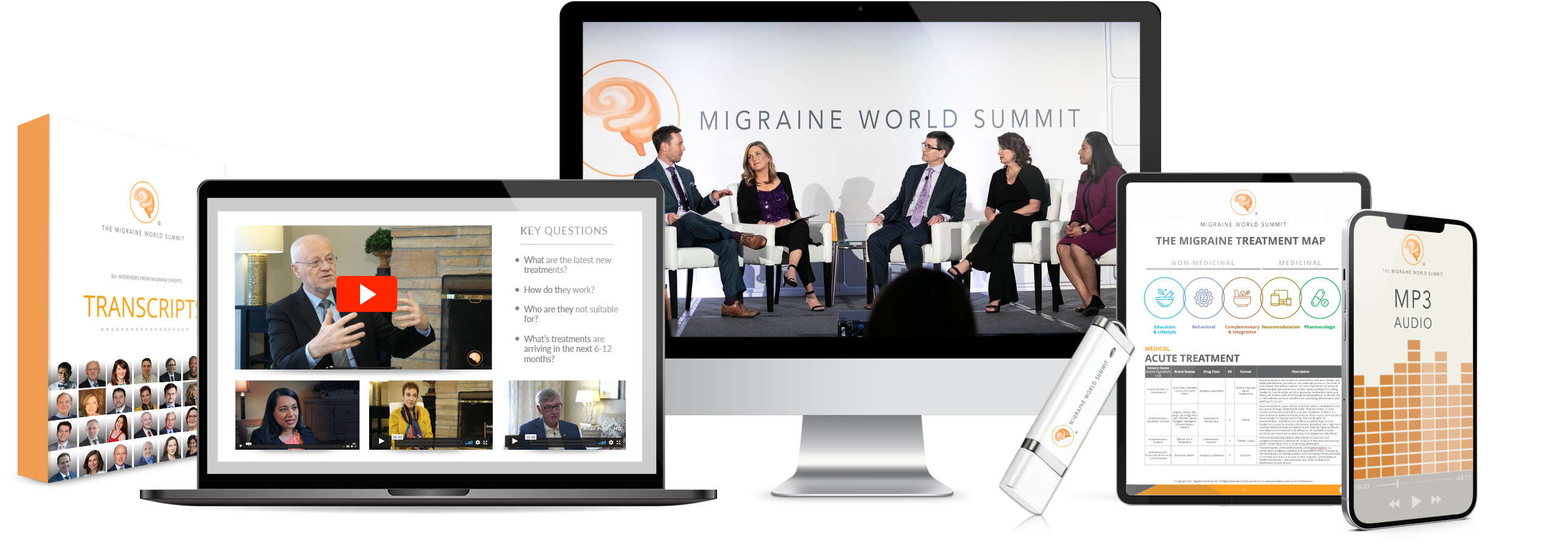
Purchase full access to the entire 2024 Summit to unlock:
- All expert interviews with separate audio (MP3) files & transcripts
- 30 extended, uncut interview editions with hours more expert footage
- Lifetime on-demand access with no annual fee to 2024 Summit
- Interview Summaries
- Treatment Directory & Guidelines
- And much more!
Related Talks for: Day 2 (2024)
Migraine Biochemistry: CGRP & Beyond
Peter Goadsby, MD, PhD, FRS
The Gut Factor: Exploring the Role of Digestive Health in Migraine
Vince Martin, MD, AQH
Menopause, Perimenopause & Migraine
Christine Lay, MD, FAHS
The American Migraine Foundation (AMF) is a non-profit organization dedicated to the advancement of research and awareness surrounding migraine, a disabling condition that impacts more than 37 million men, women and children in the United States. The AMF was founded in 2010 to provide global access to information and resources for individuals with migraine as well as their family and friends.
At AbbVie, we are committed to empowering people living with migraine disease. We advance science that enables health care providers to care for people impacted across the spectrum of migraine. Through education and partnerships with the migraine community, we strive to help those with migraine navigate barriers to care, access effective treatments and reduce the impact of migraine on their lives. To learn more, visit AbbVie.com.

Noticing new symptoms? Struggling with Chronic Migraine? Need hope? Try these Learning Tracks to more to get the most out of your Summit experience.

